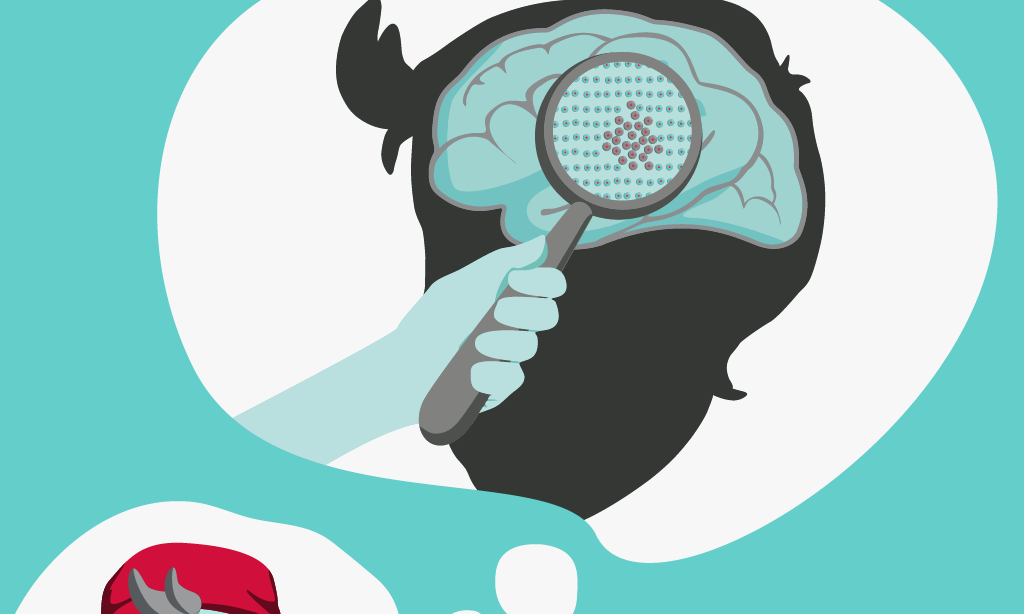Germ cell tumour
Germ cell tumours are fast growing, ‘malignant’ tumours. They grow from cells that are involved in our growth when we are developing in the womb. Germ cells form part of the embryo and develop into the reproductive system.
Most germ cell tumours occur outside the brain, but those that do grow in the brain are most often in the area close to the pituitary gland and the pineal gland at the base of the brain. These are called ‘intracranial germ cell tumours’. They are also called embryonal tumours.
There are two main types of intracranial germ cell tumour: non-secreting germinomas and secreting germ cell tumours. They can spread via the cerebro-spinal fluid around the brain and to the spine.
They represent around 1 – 2% of all brain tumours. About half of these occur in children and young adults (10 – 20 years old).

Join our community on Facebook
Our closed Facebook group for parents is a great place to connect with other parents affected by a brain tumour and share your experiences.
Symptoms of germ cell tumours
Germ cell tumours often block the flow of cerebro-spinal fluid (CSF) around the brain and spinal cord. This causes headaches and sickness and, as a result, these tumours are often picked up early when they are still small.
Diagnosing germ cell tumours
They also sometimes produce chemicals that can be picked up in blood tests (biomarkers) and this can also help to diagnose these tumours quickly.
A biopsy to give an exact diagnosis may be undertaken, or surgery used to treat hydrocephalus (excess water in the brain) caused by the tumour blocking the flow of cerebrospinal fluid. Occasionally surgery can be used to remove some of the tumour.
Treatment of germ cell tumours
Due to their location, they are usually treated with chemotherapy or a combination of radiation and chemotherapy, rather than surgery.
Support and Information Services
Research & Clinical Trials Information
You can also join our active online community.
In this section

Get support
If you need someone to talk to or advice on where to get help, our Support and Information team is available by phone, email or live-chat.
Get your free Brainy Bag
Our Brainy Bag is a free gift for children and young people who have been diagnosed with a brain tumour, made up of a range of handpicked toys and activities!
Recommended reading
Share your experiences and help create change
By taking part in our Improving Brain Tumour Care surveys and sharing your experiences, you can help us improve treatment and care for everyone affected by a brain tumour.
